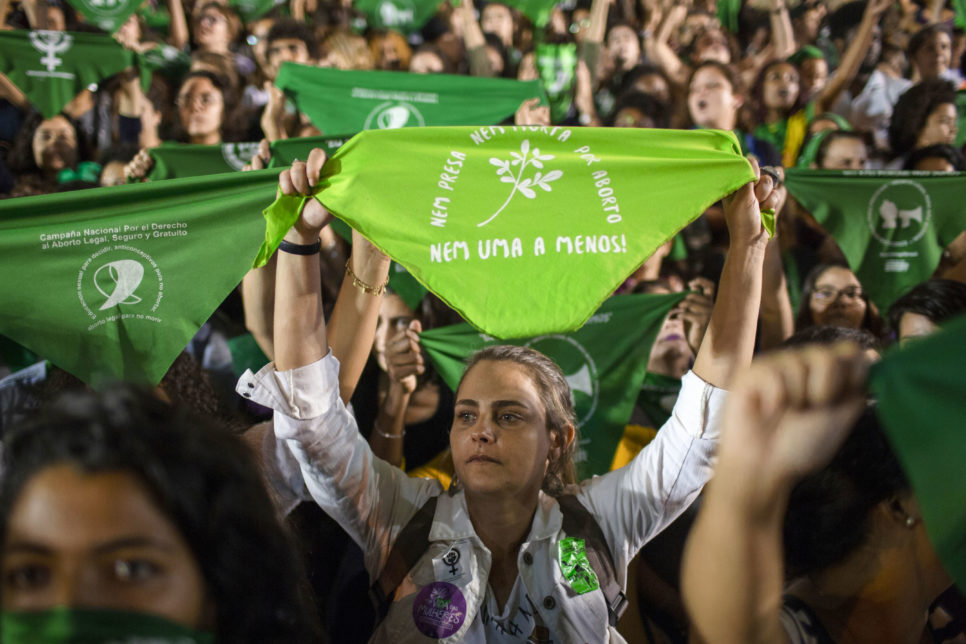In 2005, the São Paulo state legislature approved a law (12,142/2005) with guidelines for conducting university entrance exams and public service recruitment exams in the state. According to the text of the law, candidates could claim religious reasons to request an alternative time to take the tests – but only if the exam fell on a Saturday.
The state legislature’s proposal was vetoed in its entirety by the São Paulo government, but the veto was overturned by the lawmakers. This prompted Confenen (National Confederation of Teaching Establishments) to challenge the constitutionality of the law in the Supreme Court. ADI (Direct Action of Unconstitutionality) No. 3714 claimed that Law 12,142/2005 violated the administrative autonomy of private universities and that only the federal government could legislate on guidelines and principles for education.
Conectas was admitted to the case as amicus curiae and stated, in its contribution to the Court, that the provision for just one day of the week on which candidates could claim religious reasons to request a change of the exam violated the principle of the Secular State and of isonomy. According to the organization, the exception would create an “undue alliance” between the State and certain faiths, discriminating against followers of other religions.
Read more
“In the context established by the legislation being challenged, people who follow a religion that preaches religious observance on Saturdays have the timing of their entrance and recruitment exams adapted to their faith, while the followers of other religions do not,” reads an excerpt from the brief.
In 2019, the rapporteur of the case, Justice Alexandre de Moraes rejected the ADI. He claimed, in his ruling, that a 2019 law amended the Law of Guidelines and Principles for the National Education System to add a specific section on the right to “excuse of conscience and alternative provisions for taking exams and attending classes on days of religious observance”.
Technical information:
Case: ADI-3714
Court: Supreme Court
Status: Classified as impaired on account of Law 4,151/2003.
Procedure: Supreme Court denies any appeal of the case.
- 4/20/2006 – Initial petition
- 7/17/2006 – Request for admission as amicus curiae
- 2/20/2019 – Ruling denying any appeal of the case




